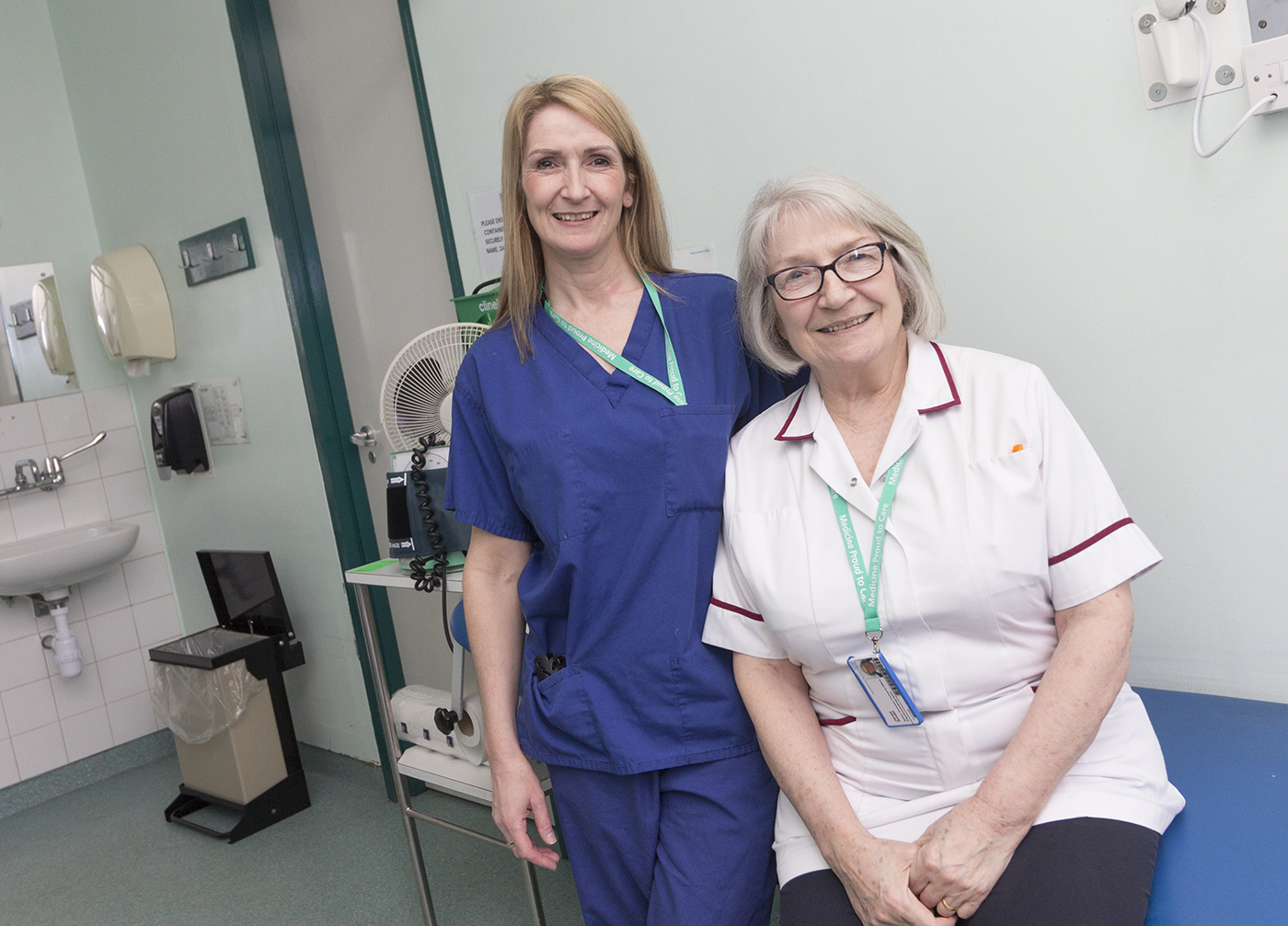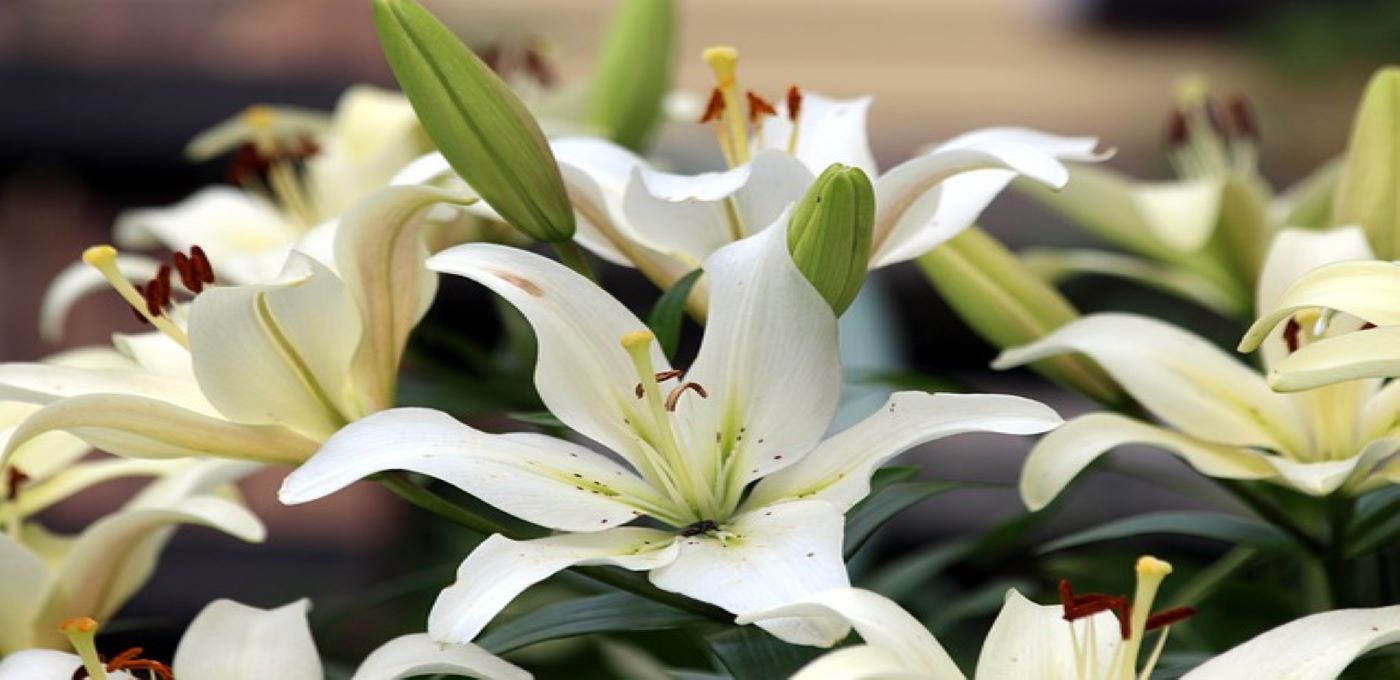It’s a job few would willingly take on right now, but the nursing staff working on Castle Hill Hospital’s infectious diseases unit are arguably more important now than ever.
Ward 7 hit the headlines two months ago when staff received the country’s first two patients to test positive for COVID-19.
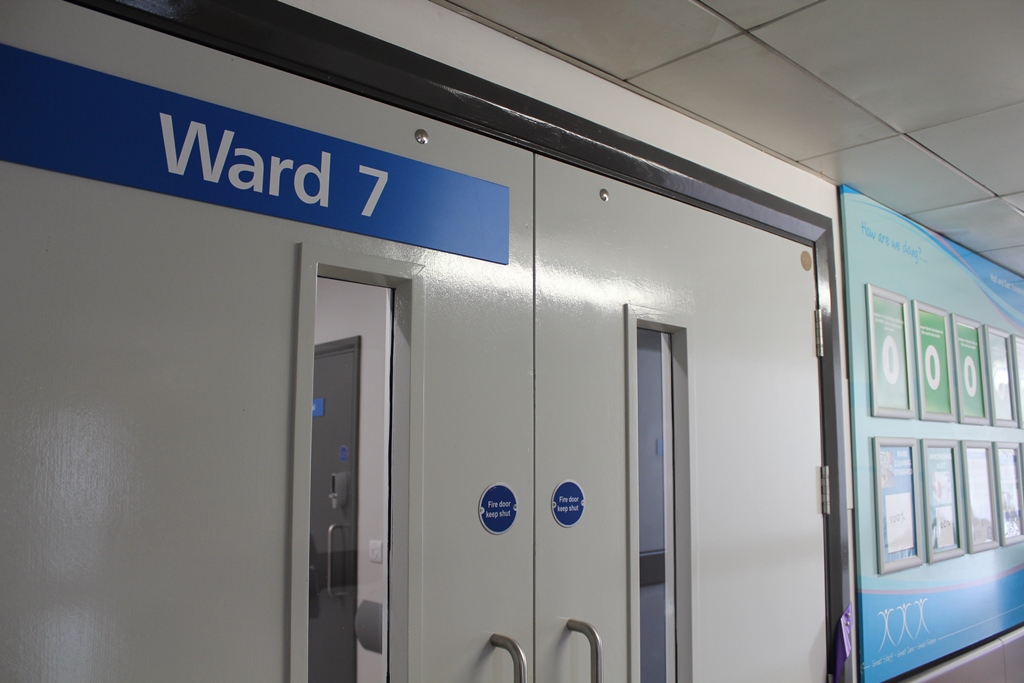
Ward 7, Infectious Diseases Unit, Castle Hill Hospital
Since then the nursing team, described as being ‘very much like a family’, have continued to care for the sick, guide and advise other healthcare teams, and prepare for the biggest health emergency of their lifetimes.
Now Wendy Magee, matron for clinical support at Hull University Teaching Hospitals NHS Trust, has praised the team who find themselves at the very sharp end of the local coronavirus effort:
“Staff across our local hospitals are all doing an amazing job, but as the first team nationally to care for patients with confirmed coronavirus, the nursing team on ward 7 have been in the thick of it from day one.
“Yet, day after day, the 19-strong team continues to put their own personal safety concerns aside to ensure the ward is staffed round-the-clock and that patients continue to receive the best care possible. They have families, they have their own personal worries or health issues to contend with, but they continue to park those in favour of helping each other and the patients they care for.
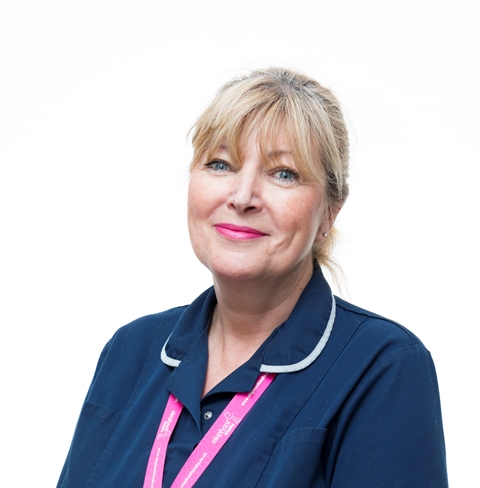
Sister Sally Yearnshire
“Ward sister, Sally Yearnshire, is a fabulous leader; even though she is currently nursing her own fractured elbow, this hasn’t stopped her looking out for her patients or ensuring her team of both qualified and unregistered nurses feels fully supported.”
Ward 7 is one of 14 designated specialist infectious disease units across the country, and was subject to a £1.63 million refurbishment in 2018. Staff would ordinarily be found caring for patients with infectious diseases such as hepatitis or TB, but the first patients to test positive for COVID-19 were admitted to the unit at the end of January this year.
Wendy continues:
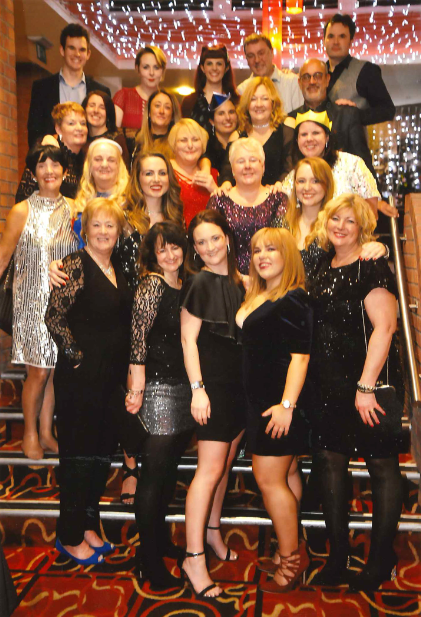
Ward 7 nursing and medical staff celebrate together at Christmas
“The ward 7 nurses have a lot of experience in caring for patients with infectious diseases, but no one has seen anything of this scale. Nothing could have prepared them for the demands they are currently facing or some of the challenges they’ve already risen to.
“In addition to the day-to-day care of patients on the ward, in recent weeks they have worked endless hours to educate staff in other areas, to deliver community testing in the early stages, and to learn new skills themselves; assisting critical care teams to intubate patients and carrying out tests on the ward which they would not normally perform.
“They have taken all of this in their stride, working together with other ward staff such as the domestics, housekeepers and ward clerk, and colleagues in intensive care, community care and paediatrics, to collectively serve the best interests of our patients. I cannot begin to say how immensely proud I am of all of them.
“We may not have seen the worst of the coronavirus epidemic here in East Yorkshire just yet, but the current situation is definitely bringing this team together and showing why nursing, when all is said and done, is known as the caring profession.”
For all the latest health advice on coronavirus, visit www.nhs.uk/coronavirus



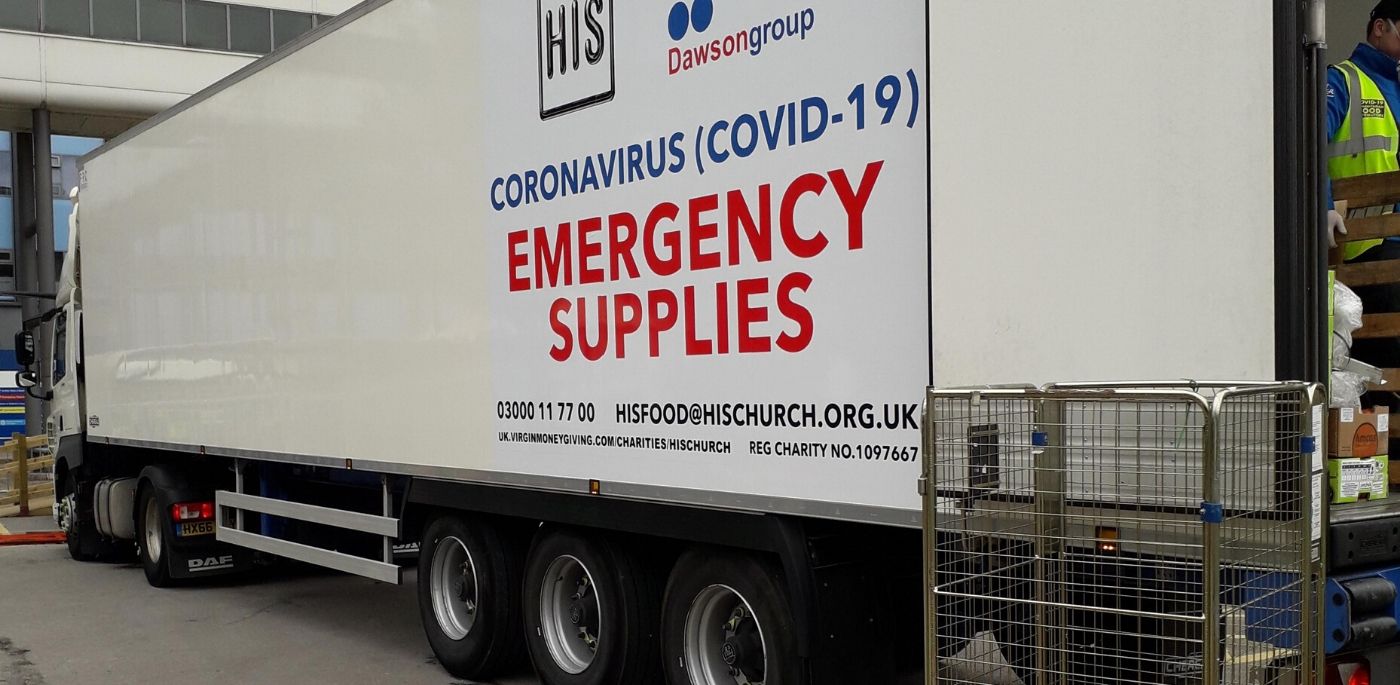
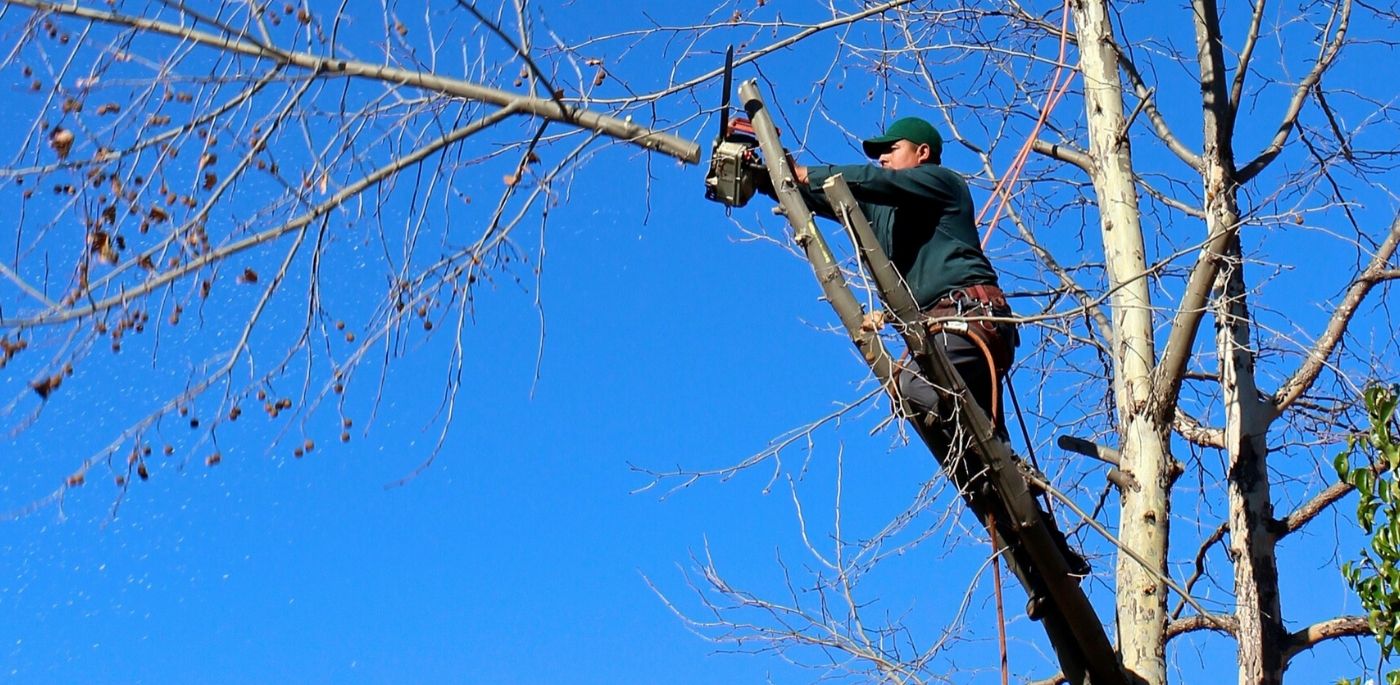
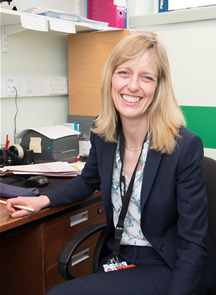

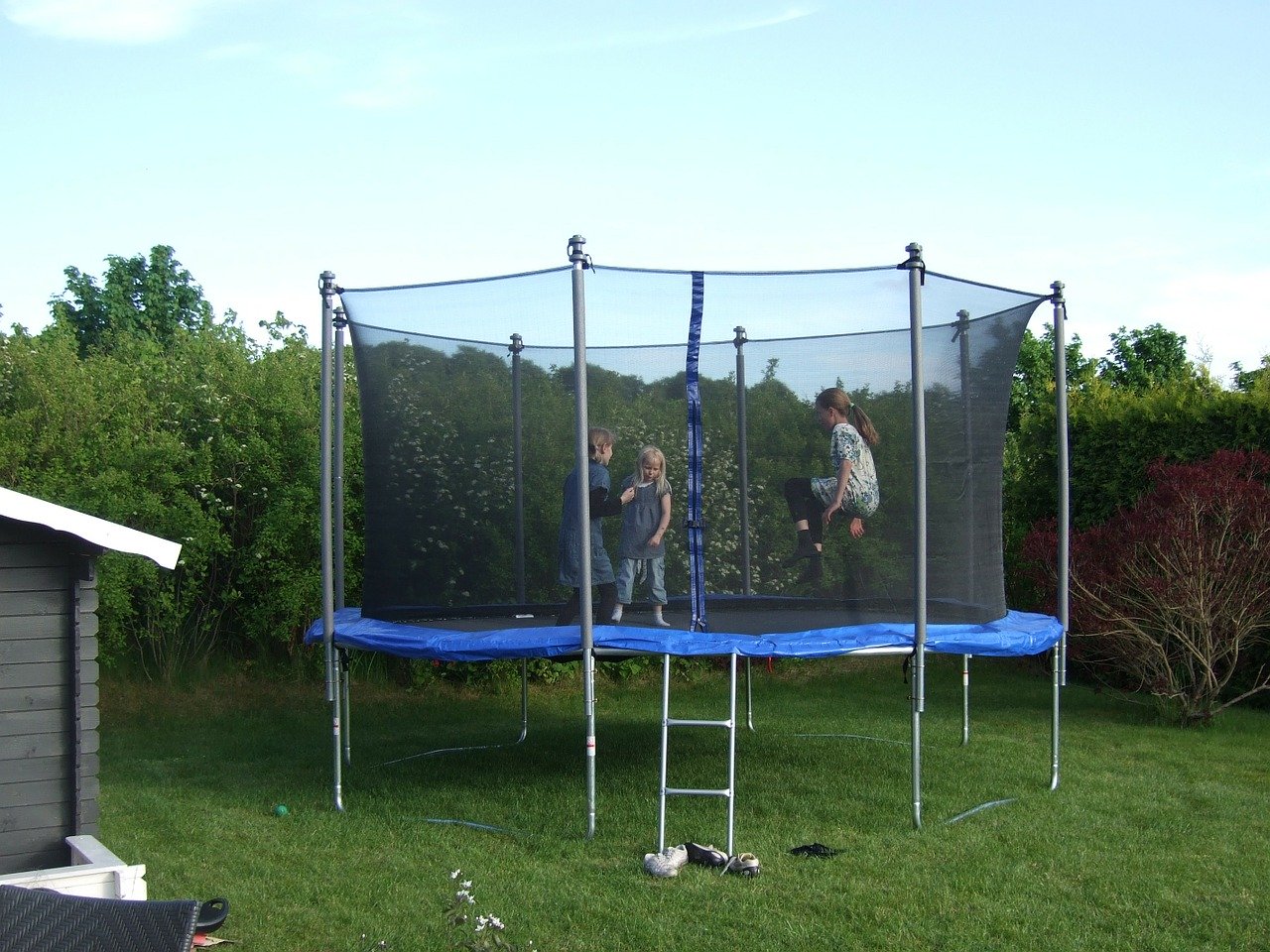
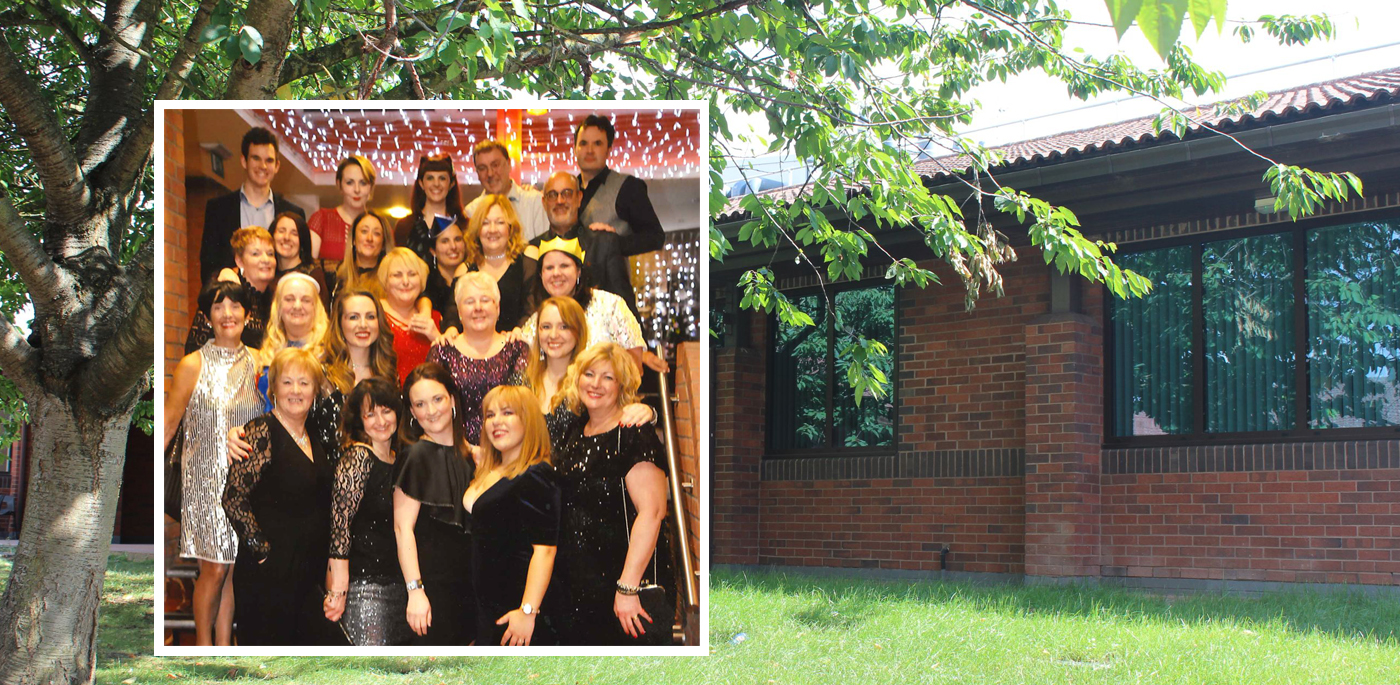



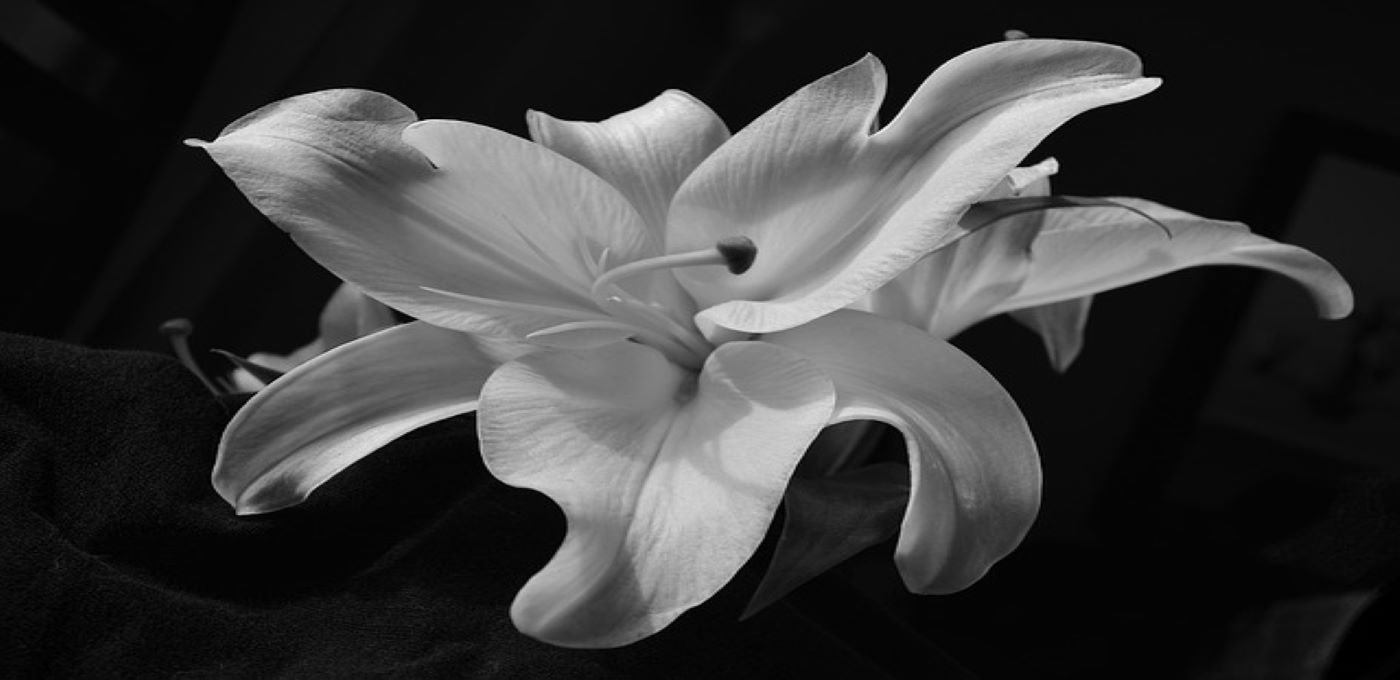
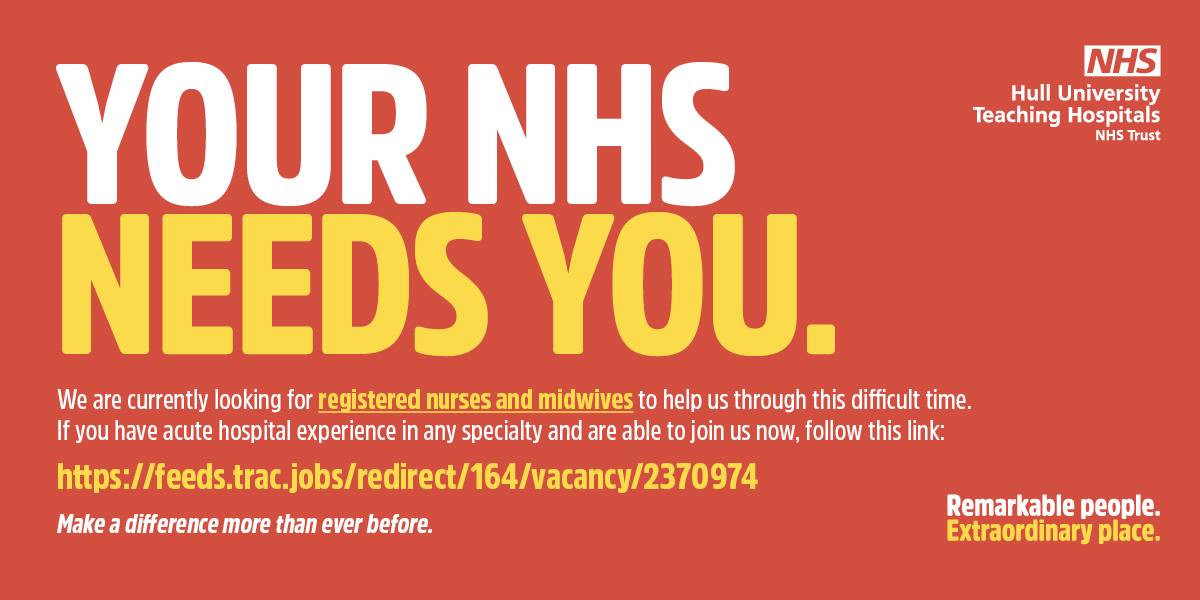
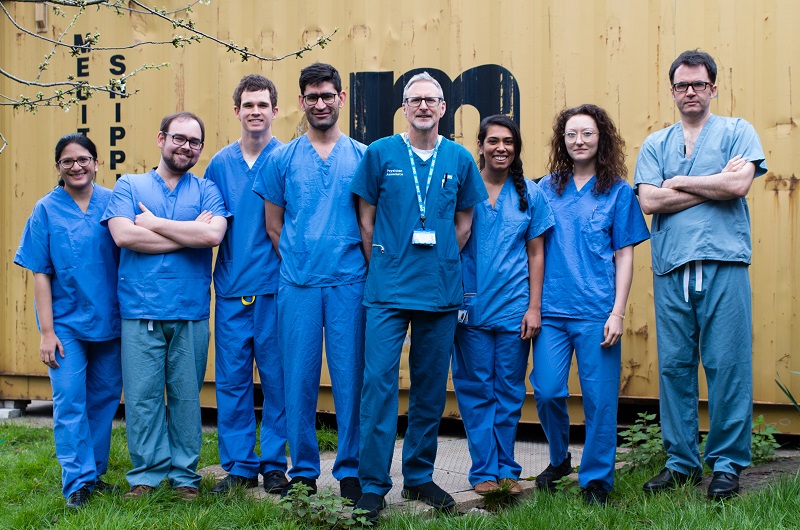

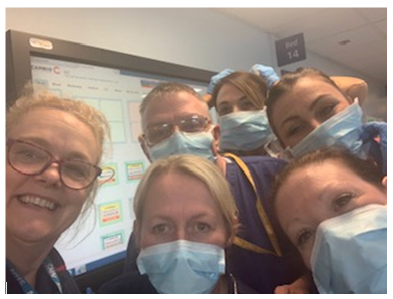
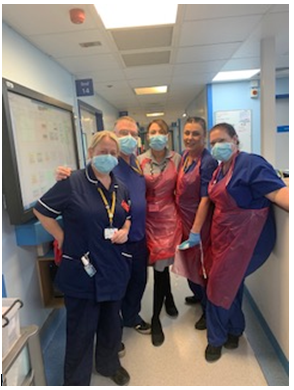 They were called on to step up to the plate as Hull’s hospitals prepared for the COVID-19 outbreak.
They were called on to step up to the plate as Hull’s hospitals prepared for the COVID-19 outbreak.